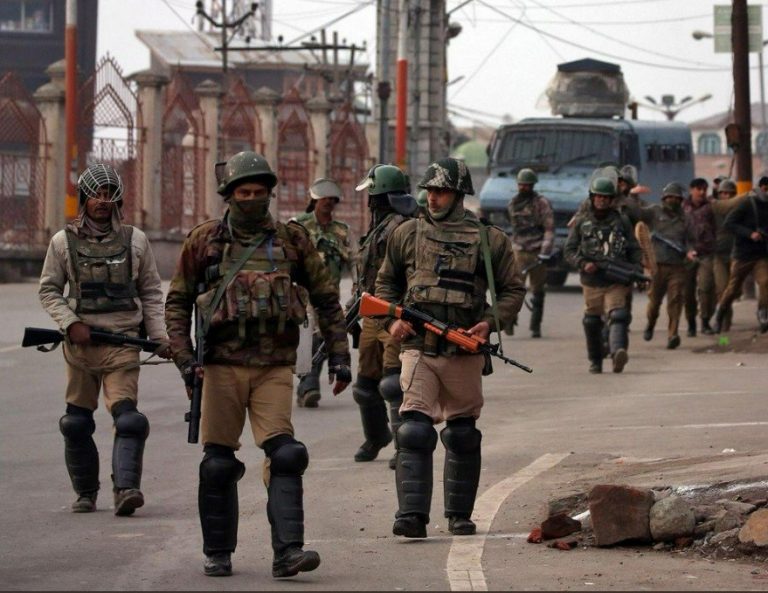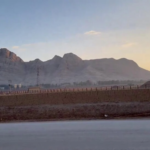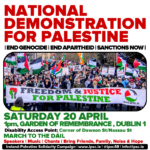India and Pakistan stand on the brink of war. Such a war would be disastrous for all the ordinary people of the region.
The immediate cause of the conflict is the aspiration of both these rival states to rule the northern state of Kashmir leading to a series of ‘incidents’ including so-called ‘terrorist’ attacks followed by military reprisals, shooting down of planes and so on.
But this conflict has been going on for over seventy years and has already involved four actual wars in 1947, 1965, 1971 and 1999 each of which claimed thousands of lives. Who fired ‘first’ in the current escalation is, therefore, not the point. What matters is that the only people who benefit from this are the rival ruling classes of India and Pakistan who use the wars to stoke nationalism and sectarian conflict and secure their own prestige and power. Meanwhile the working people of India, of Pakistan and, above all, of Kashmir, suffer the consequences.
Roots of the conflict
The roots of the conflict go back to the partition of India in 1947. This partition in turn was a legacy of the British Empire. This should not surprise people in Ireland. Under the British Raj a few hundred thousand British troops and administrators ruled a sub-continent of many hundreds of millions. To do this they pursued, as so often, a strategy of divide and conquer. Above all they fuelled sectarian conflict between Hindus and Muslims, favouring first one then the other community and pitting them against each other.
When the British finally quit India in 1947 this division resulted in a bitter partition into Muslim dominated Pakistan and majority Hindu India, which involved horrific ethnic cleansing of mixed areas and killed about two million people. Within this catastrophe the state of Kashmir which was majority Muslim was claimed by India largely on the basis that its hereditary local Maharajah was Hindu and favoured this. This resulted in Kashmir itself being partitioned into a smaller Pakistani run territory and a larger Indian controlled area, with China also getting a small piece of territory after war with India in 1962.
As it happens, Kashmir, which borders on the Himalayas is an area of outstanding natural beauty and wonderful climate. Left in peace it could have a great future. Instead it has long been one of the most militarised zones in the world and the people remain desperately poor.
Both Pakistan and India should be pressed to draw back from war and renounce their claims to Kashmir whose people should be left to determine their own fate. And in India itself Hindus and Muslims should unite, as working people, to oppose their brutal and sectarian Hindu chauvinist government.












